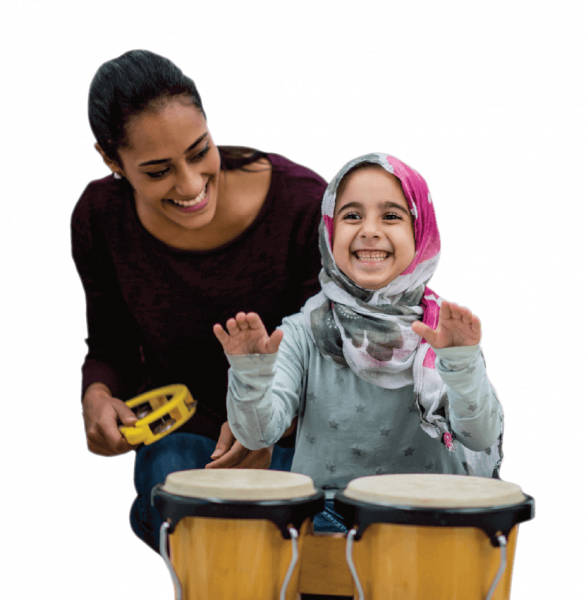Blog and Podcasts
The National Board is an anti-racist and inclusive organization. We believe educators must help students understand their role in a diverse world and value individual differences. We believe in the power of the teaching profession to defend what is good and right for all people.
We’re updating our Information Release Policy to provide more transparency about the type of information we share. Read more here.



